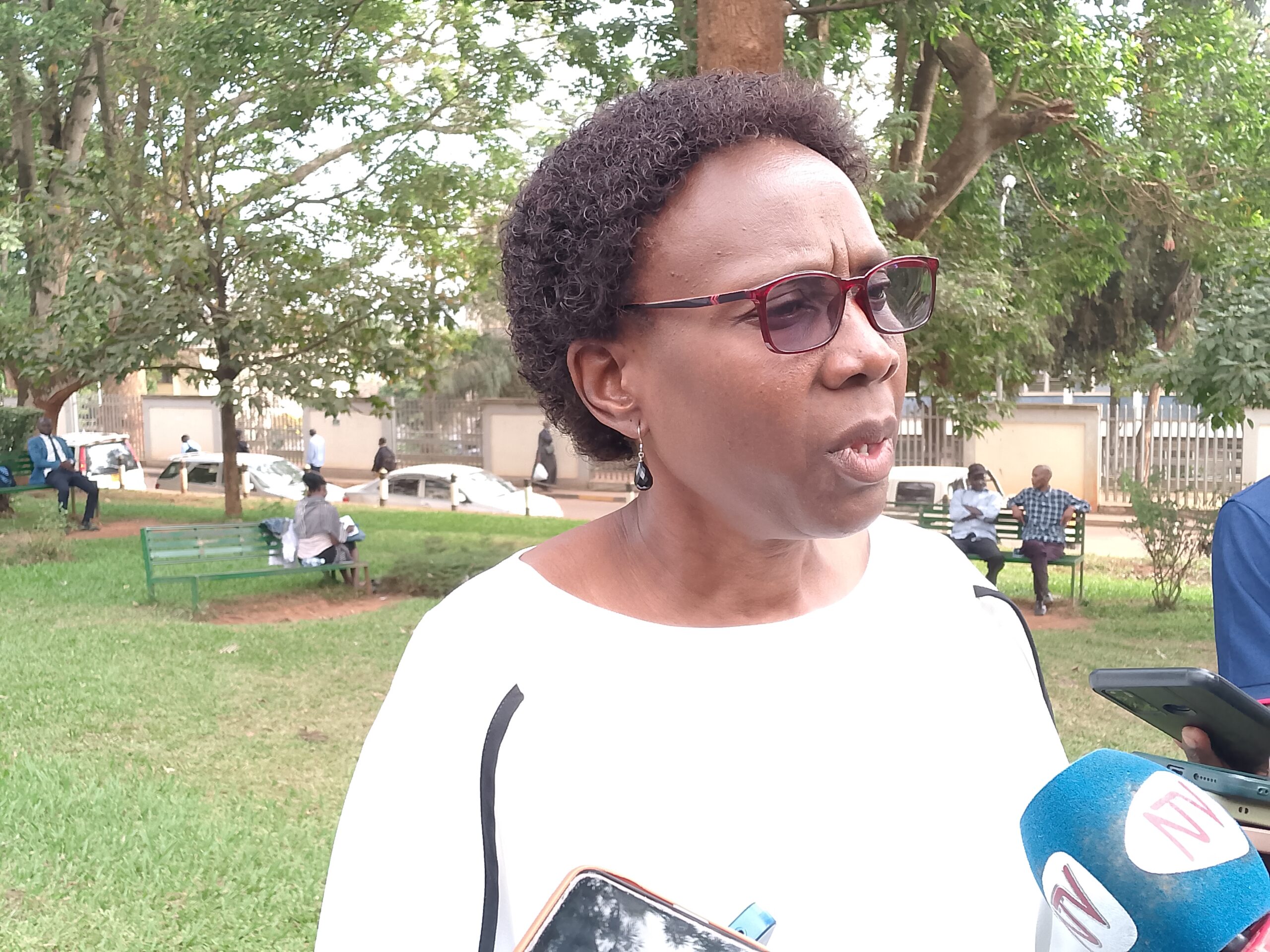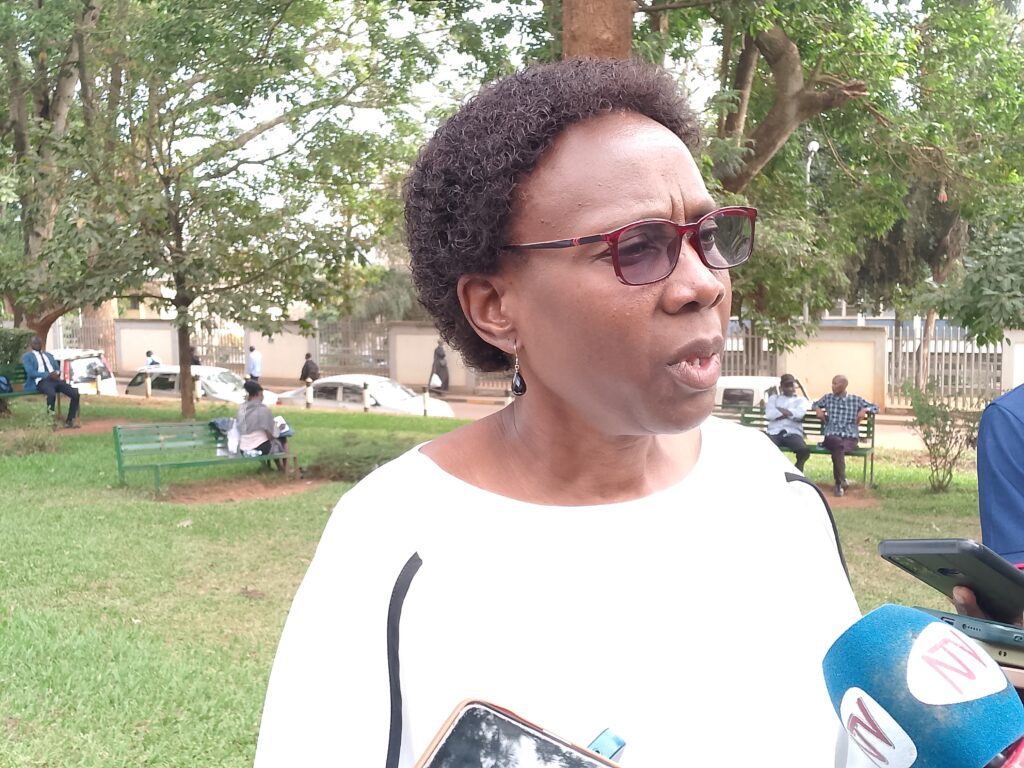
 Mama FM
Mama FM

 Mama FM
Mama FM
5 June 2024, 5:11 pm
By Byamukama Alozious
New research has revealed that there have been no new cases of nodding syndrome disease since 2014. This research was conducted by the Makerere School of Health Sciences, led by Dr. Richard Idro, an Associate Professor of paediatrics and child health at Makerere University.
At the launch of the results, Minister of Health Dr. Jane Ruth Aceng highlighted that nodding syndrome was becoming a political issue and expressed appreciation for health professionals. She attributed the reduction in cases to immunisation efforts and emphasised the government’s commitment to providing medical attention to the affected population in Northern Uganda despite political obstacles. “Sometimes politics take over matters of health concerns like immunisation, and it’s you professionals who need to speak up at that moment,” she said.

Over the years, nodding syndrome, a mysterious disease characterised by bouts of head nodding and affecting several children in parts of the old Kitgum district, prompted the Ministry of Health to initiate an investigation in 2009, building up to 2011. This culminated in a multisectoral intervention programme launched in 2012 and the eventual control of the disease today.
Dr. Idro and his team later joined the investigations, studying a small number of patients in depth. They concluded that the head nodding was a type of seizure and that nodding syndrome was a form of severe epilepsy.
The team used their findings to develop a treatment guideline that the Ministry of Health deployed to guide care at all nodding syndrome treatment centre across the affected region.
Further research conducted in South Sudan, Tanzania, and Uganda found that nodding syndrome was associated with infection by the filarial worm Onchocerca volvulus. This information was communicated to the government, which promptly implemented interventions to eliminate onchocerciasis. These interventions included biannual mass administration of ivermectin tablets to all persons aged 5 years or older every April and October across the region until 2022/3. Breeding sites of the transmitting black flies were mapped, larvicides were applied to these areas, and aerial spraying of the sites was conducted.
Over the past 12 years, Dr. Idro’s research has found that no new cases have been identified in the region.
The results of these studies also demonstrated that nodding syndrome affects multiple body systems but primarily presents with brain injury and a unique type of severe epilepsy. If untreated, patients develop multiple complications over time, may become bed-bound, and may die during prolonged convulsions. Early and effective treatment of seizures with daily anti-seizure medications is critical, as it arrests progression and may allow patients to live independent lives.
The same research pointed out that nodding syndrome is strongly associated with infection by Onchocerca volvulus: over 95% of the patients had been infected. The disease appears to develop when antibodies to Onchocerca volvulus proteins cross-react with and damage proteins in brain cells. Besides causing blindness and severe skin problems in older children and adults, infection by Onchocerca volvulus also causes severe epilepsy, contributing to the high burden of epilepsy in Onchocerca volvulus-endemic areas.
Today, nodding syndrome patients in Uganda have grown into young adults, and many have improved over time. Currently, 35-40% have mild disability, 45-50% have moderately severe disability and can independently manage their daily activities, but about 10% are severely disabled and dependent on carers.
“The interventions to eliminate Onchocerca volvulus, especially the biannual mass drug administration of oral ivermectin and application of larvicides at breeding sites of the black flies, have worked. Since 2014, there has not been a single new case of nodding syndrome,” Dr. Idro said.
He added that the burden of new cases of other forms of epilepsy had declined dramatically. South Sudan, which only implemented this intervention from 2021, has already seen over an 80% reduction in new cases.
The team of researchers is undergoing studies to better understand the mechanisms of nodding syndrome and how to eradicate the disease by stopping infections through entomological approaches.
The current research was funded by the Medical Research Council, UK, as part of the African Research Leadership Award.